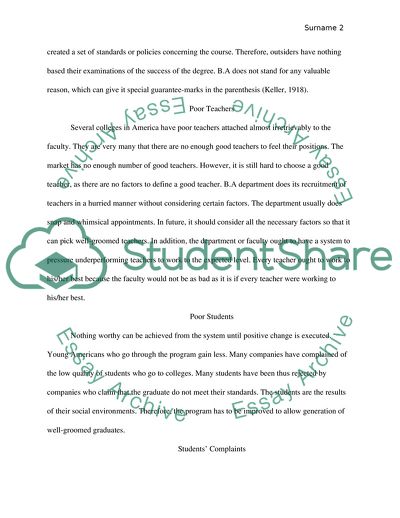Cite this document
(The The Bachelor of Arts Degree in America Term Paper, n.d.)
The The Bachelor of Arts Degree in America Term Paper. https://studentshare.org/education/1844529-the-ba-degree-in-america
The The Bachelor of Arts Degree in America Term Paper. https://studentshare.org/education/1844529-the-ba-degree-in-america
(The The Bachelor of Arts Degree in America Term Paper)
The The Bachelor of Arts Degree in America Term Paper. https://studentshare.org/education/1844529-the-ba-degree-in-america.
The The Bachelor of Arts Degree in America Term Paper. https://studentshare.org/education/1844529-the-ba-degree-in-america.
“The The Bachelor of Arts Degree in America Term Paper”. https://studentshare.org/education/1844529-the-ba-degree-in-america.


